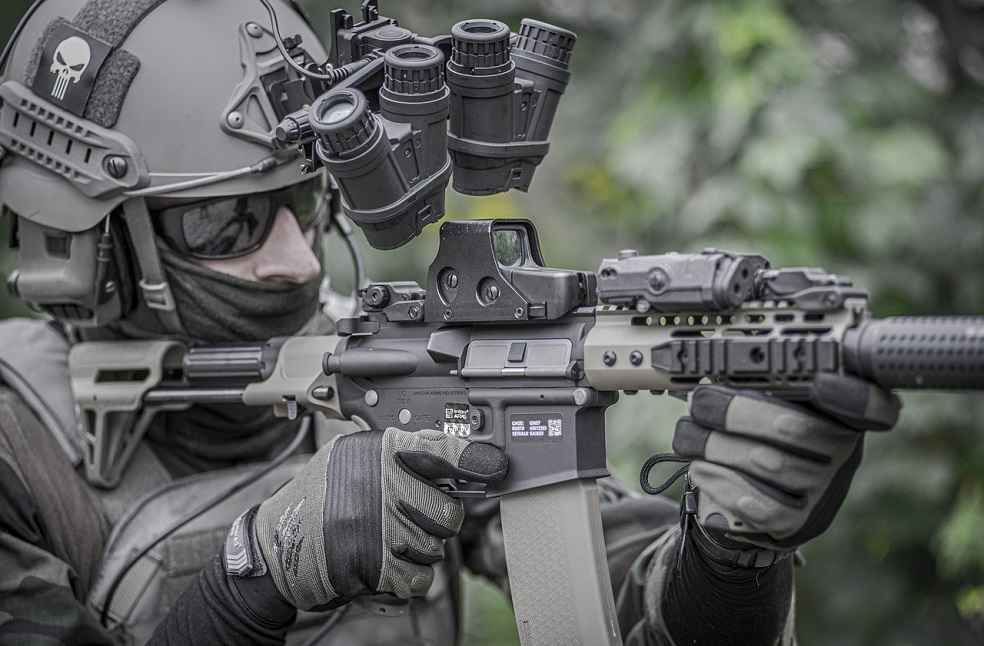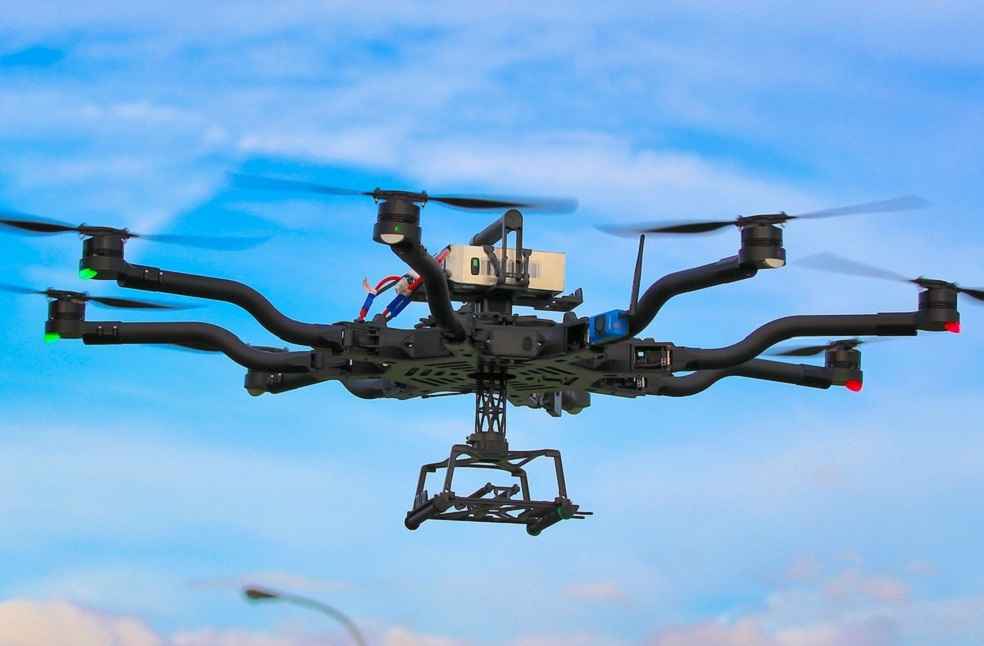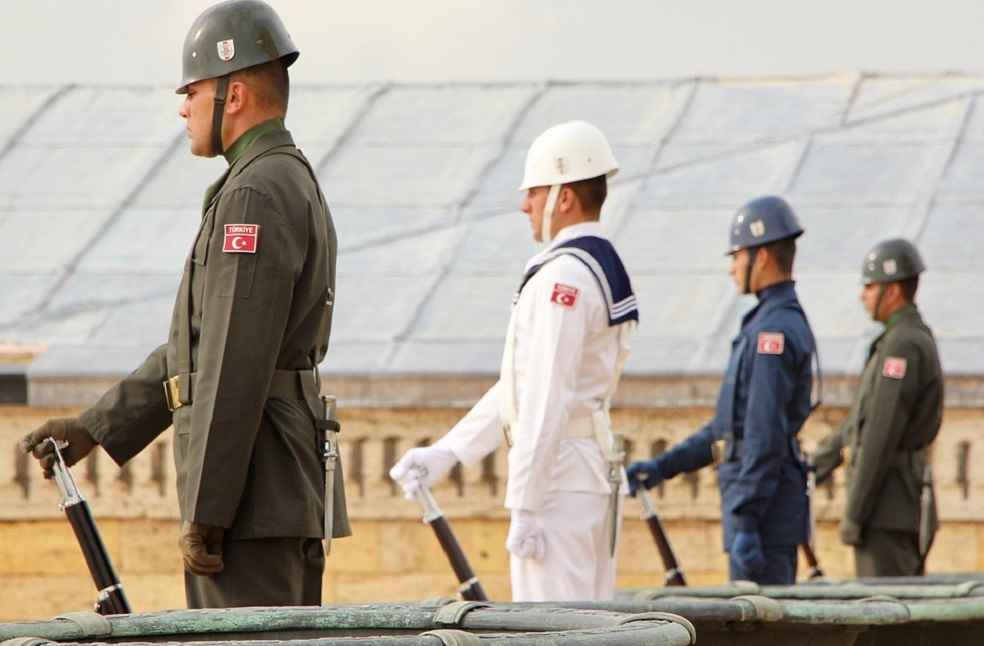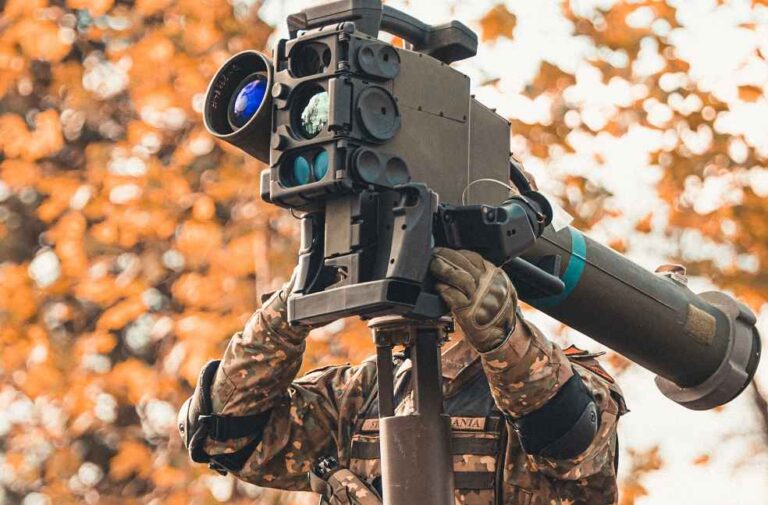Turkey’s defense industry is poised for a record-breaking year, riding the wave of a $3.1 billion drone deal with Saudi Arabia. Experts predict that Turkey’s defense exports this year will reach 7.5 billion dollars. The deal, brokered by Turkey’s top drone maker Baykar, is expected to propel Turkish military exports to unprecedented heights and lay the groundwork for further cooperation with Gulf Countries.
The agreement was sealed during President Recep Tayyip Erdogan’s visit to Saudi Arabia on July 18. This diplomatic event marked a significant point in the renewed ties between Ankara and Riyadh, a relationship previously marred by years of regional rivalry, especially post the Arab Spring. Economic challenges facing Turkey, coupled with its ambitions to secure Saudi investment, played a crucial role in this reconciliation.
According to Baykar representatives, this agreement not only involves the sale of the Bayraktar Akinci combat drones but also establishes cooperation in the broader defense industry. They have described the deal as “the most significant defense and aviation export contract in Turkey’s history.”

In a bid to further bolster its military capabilities, Saudi Arabia is set to localize Akinci drone production, as outlined in a “strategic” accord with Baykar. The state-owned Saudi Arabian Military Industries is optimistic that this move will amplify the kingdom’s defense manufacturing prowess.
Moreover, Turkey’s Defense Industry Agency has highlighted two additional deals. A partnership between Saudi firm NCMS and Turkey’s Aselsan focuses on the advancement of electro-optic systems and guidance technologies. Another collaboration between NCMS and Roketsan, a Turkish missile producer, encompasses smart munitions and guidance kits.
Confidential sources from the agency informed TWN that, driven by the Saudi deal, Turkish military exports could comfortably surpass the $6 billion mark by the end of this year. The first seven months alone saw exports exceeding $3 billion, with July reaching a monthly zenith of $657.5 million.

Drones continue to dominate Turkey’s defense exports. In the first half of the year, drone sales amassed approximately $740 million, outpacing munitions and missile systems sales ($400 million) and land vehicle sales (close to $230 million).
Industry experts concur that the $6 billion target seems easily attainable this year. With some even predicting that after the Saudi agreement, the figures could touch $8 billion. As a point of reference, 2022 saw exports totaling $4.3 billion.
Industry observers like Ozgur Eksi and Anil Sahin suggest that this deal, especially its surprising magnitude, could potentially boost the final year-end export figure to $7.5 billion or even $8 billion.

Anil Sahin also highlighted the strategic advantages of the Akinci UCAV. Costing roughly one-third of its US-made counterparts, this drone offers Saudi Arabia more than just combat prowess. Enhanced sensor systems confer the capability to monitor naval activities, providing invaluable real-time intelligence.
Roketsan’s recent achievement, successfully launching their Cakir mini cruise missile from an Akinci drone, has also garnered attention. Sahin speculates that the Saudis might have integrated Cakir missiles into their purchase.
Experts believe that while leading companies like Baykar will primarily benefit from the contract, subcontractors will also witness significant gains. Furthermore, the enhanced export revenue will fund further R&D in Turkey’s defense sector.

Oytun Orhan, from the Center for Middle Eastern Studies in Ankara, emphasized the profound political implications of the deal. He believes that this agreement symbolizes the renewed commitment of both nations to forge a robust partnership, potentially even marketing jointly produced defense equipment to other countries in the future.
Achieving this milestone in the defense industry of Turkey, an Islamic country with a total population of 9 crores, is remarkable. Meanwhile, it is also noteworthy that India reported a whopping $12 billion in defense production last fiscal year. However, its defense exports stood at $1.94 billion.
ENERGY INDUSTRY | Trade World Boost: Efficiency Enhancing ‘Lateral Solar Cells’ will widespread



